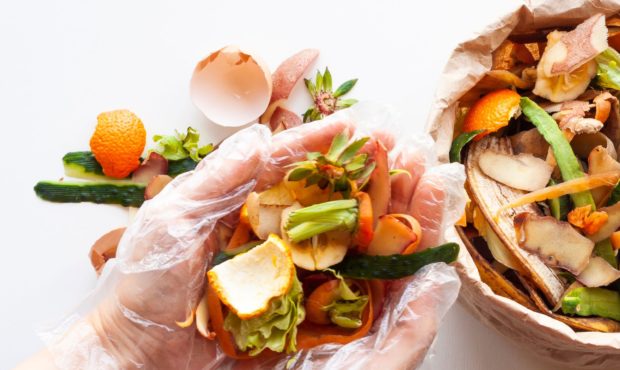According to data from the Food and Agriculture Organization of the United Nations (FAO), while 1 billion people on the planet are under nourished, one third of all the produced food is lost or wasted – around 1.3 billion tonnes of unexploited food. In simple mathematics, if one-quarter of the wasted food could be saved, it would be enough to feed 870 million hungry people.
But how easy is to face the issue of food waste? To address this global issue a good starting point would be to decompose it in four simple subcategories: supply chain, cultural mindset, traceability, and education. And here is where science, innovation, farmers, policymakers and the public, if all united, can contribute towards sustainable solutions.
Here, we point to innovative ideas that have attracted our attention from startups around the world who dare to fight the issue of food waste:
- Greece | Centaur is the Internet-of-Crops platform that provides unique insights to maximize quality and fully prevent post harvest loss for sustainable supply chains.
- Lebanon | Startchy is a Lebanese-American company that creates an all-natural, edible coating solution that can be applied to fruits and vegetables to extend shelf life by 2-3x.
- UK | Too Good To Go is an app for fighting food waste. They fight food waste by helping food stores sell their surplus food instead of throwing it away. Their mission is to reduce food waste worlwide, and their vision is to create a world where food produced is food consumed.
- Israel | Blue Sphere develops waste-to-energy plants that generate biofuels from food and farm waste. These biofuels are then sold to local utility providers that utilize them to power steam turbines for electricity production.
- India | CarbonLites has developed a bottled bio CNG (compressed natural gas). It is made by converting food and agri wastes into clean renewable energy that can displace LPG for commercial cooking in restaurants and hotels.
Unfortunately, even if technology is at its highest potential and there is enough food produced in the world to feed everyone, we still are a long way away from zero hunger. And in this global controversy, we ourselves can contribute as well, starting from our kitchens! The issue of food waste is part of a misperceived mindset that food is abundant and accessible to everyone.
We know that the global Future Agro Challenge community is passionate about the fact that in order to revolutionize the world’s path towards zero hunger, we must start with the food that comes in our hands and ends up in our waste. And we believe that ‘food’ in food waste has a priority.
There has never been a better time than this to think of the future of our food system as a dynamic formula with a green and sustainable outcome!
To this end, here at FAC, we have developed a suite of tools to assist communities from all around the globe to collaborate and work together to solve the food production and supply challenges of the future. We have a world network in over 60 countries and we want you to join our efforts to build local ecosystems to solve the global food puzzle and utilise our global competition for local agripreneurs to reach global visibility.
Contact Us:
hello@facagro.com
